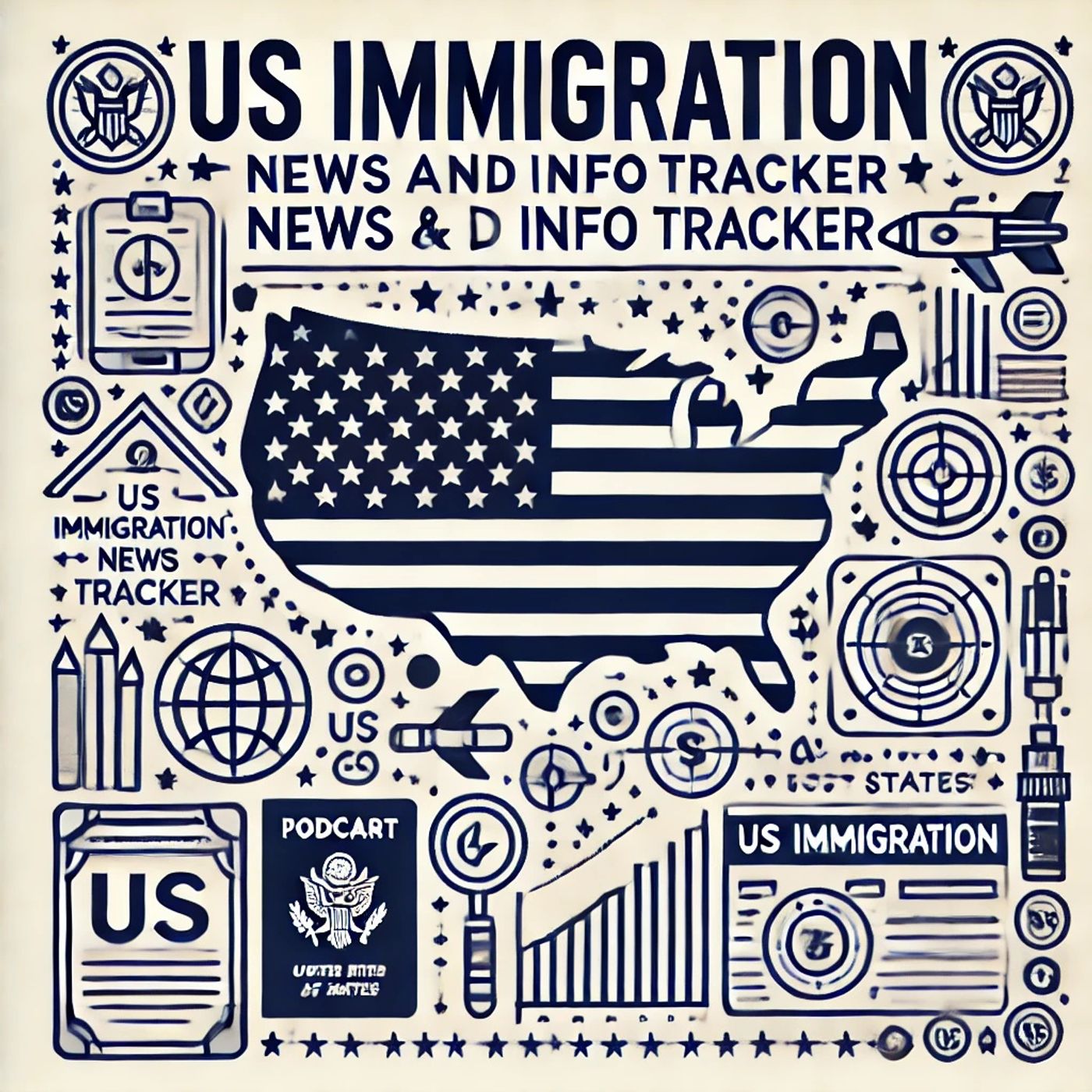"Navigating Potential Shifts in Immigration Policy Under a Second Trump Administration"
Description
The potential impact of immigration policy transformations under a second Trump administration could significantly affect companies that employ and hire immigrant talent. During his first term, President Donald Trump implemented several policies aimed at reducing immigration, both legal and illegal. These changes included restrictions on H-1B visas, which are crucial for technology companies and industries that rely on highly skilled immigrant labor. Employers may need to brace themselves for similar or even more restrictive measures if Trump returns to office.
A Trump administration could revisit previous efforts to overhaul the immigration system, with a focus on reducing competition for American workers and increasing scrutiny on immigrant applicants. This could mean a reinstatement of stringent requirements for visa applications, making it harder for companies to recruit foreign talent. The result might be a tighter labor market, particularly in sectors like technology, healthcare, and academia, which have historically depended on skilled immigrants to fill gaps in the workforce.
Businesses relying on immigrant talent could face increased operational challenges. Changes to policy may result in longer waiting periods for visa approvals and more frequent audits to ensure compliance with immigration laws. Companies might need to invest more resources in legal support to navigate these changes, affecting their bottom line and potentially slowing down growth due to constrained access to skilled labor.
In addition to economic consequences, the landscape of global competition could also shift. As U.S. companies struggle to secure the necessary talent, international competitors in countries with less restrictive immigration policies might have an advantage. These businesses could attract the skilled workers that the U.S. firms are unable to hire, leading to a potential brain drain.
Companies must stay informed about potential policy changes and strategize on how to adapt quickly. Engaging in advocacy efforts and collaborating with industry organizations may help influence policy in a direction that supports growth and innovation. Building a diverse workforce that balances domestic and foreign talent while preparing for possible regulatory changes will be essential.
In conclusion, a second Trump administration could bring about significant shifts in immigration policy, impacting companies that employ immigrant talent. Businesses need to remain agile and proactive in addressing these potential challenges to maintain their competitive edge in a potentially more restrictive environment.
More Episodes
Sanctuary cities across the United States are standing firm in response to the Trump administration's intensified deportation plans, asserting their commitment to protecting undocumented immigrants within their jurisdictions. As federal policies grow increasingly stringent, local governments in...
Published 11/29/24
Published 11/29/24
Blue States Recalibrate Approaches to Crime and Immigration, Balancing Compassion and Accountability
In recent years, the political landscape in the United States has witnessed a notable shift in attitudes toward crime and immigration, even in traditionally liberal strongholds. States such as Arizona, California, and Colorado have seen outcomes in ballot measures that signify a stricter approach...
Published 11/24/24


